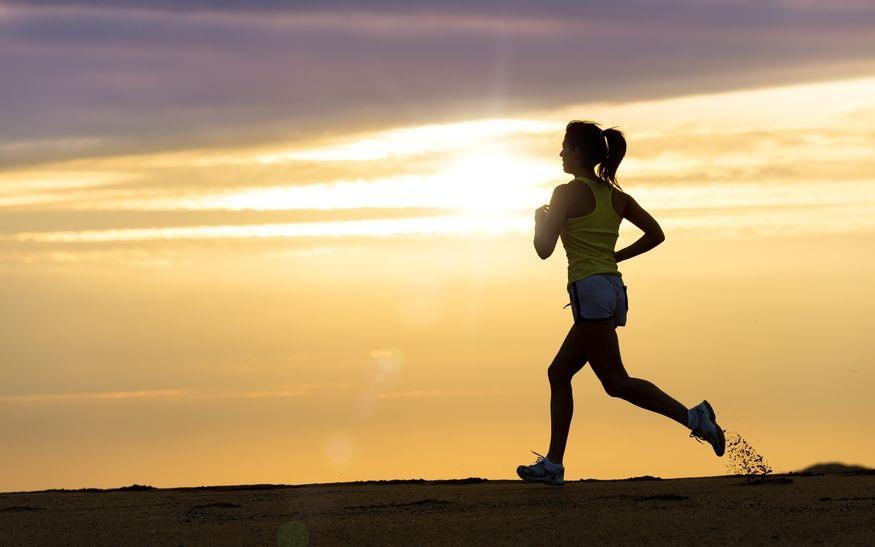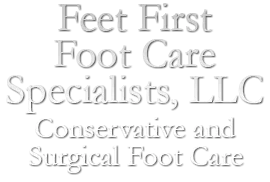- posted: Jul. 07, 2020
At Feet First Foot Care, we’re hearing from many of our Middlesex County patients that they are taking up the sport of running. The pandemic has made some people re-think their fitness plans, and running while maintaining safe social distance and avoiding venues where there are many other people. We applaud our patients for making regular exercise a priority but also want to help protect them from some podiatric problems that runners often face. 
Here are some common injuries and disorders associated with running and how to prevent them:
-
Achilles Tendonitis—this inflammation of the long tendon that runs along the back of your lower leg from calf to heel is especially common in new runners or those who are becoming active again after a long period of inactivity. Being overly enthusiastic and jumping into long, intense runs without the proper conditioning can result in severe pain to the Achilles tendon. Running hills and sprints can also increase the risk of this condition. Start slowly and increase the pace and duration gradually. Be sure to include stretches for the calves in your warm-ups and cooldowns.
-
Ankle Sprains—landing the wrong way on your foot and twisting an ankle can happen when you run. If you have chronic weak ankles, be sure the running shoes you purchase will provide firm ankle support. Choose a place to run such as a school track, that is unlikely to have holes, divots, or debris that can cause an ankle-twisting to occur.
-
Athlete’s Foot—you may not associate fungal infection with running. However, your feet will be spending regular time in a moist, dark, warm place (your sneakers!), and those are the perfect breeding conditions for bacteria and fungi. Don’t wear the same pair of socks for more than one day and air out your shoes between runs. Practice good basic hygiene and wash your feet daily. Use an antifungal or foot powder if foot odor is a problem.
-
Heel Pain—the repetitive pressure your heels experience when running can result in pain. If you have flat feet or a tendency to overpronate, you may also have an inflammation of the plantar fascia on the bottom of your foot, which can also lead to heel pain. Additional arch support or a custom orthotic may help.
The bottom line is if you experience any acute or ongoing pain or discomfort after you start a running program, it’s essential that you contact our Cromwell office by calling (860) 632-5499 so that our podiatrist, Dr. Adam Mucinskas, can examine your feet and determine the source of the discomfort before a worse injury occurs.
Questions or Comments?
We encourage you to contact us whenever you have an interest or concern about our services.
Call Today (860) 632-5499
162 West St Ste K Cromwell, CT 06416






